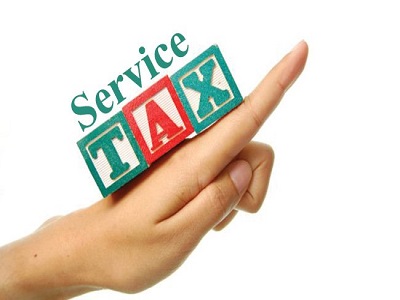
What You Need to Know About Service Tax
In India, Service Tax is a tax levied by the Central Government on the provision of certain services. It was first introduced in the year 1994, and since then, it has undergone several changes. In this blog post, we will discuss what Service Tax is, its applicability, and some key points that businesses and individuals should keep in mind.
What is Service Tax?
Service Tax is a tax levied on the provision of certain services in India. The tax is levied by the Central Government and is governed by the Finance Act, 1994. Service Tax is an indirect tax, which means that the service provider collects the tax from the service receiver and then deposits it with the government.
Applicability of Service Tax
Service Tax is applicable to all services except for those specified in the Negative List of Services. The Negative List includes services like agricultural activities, funeral services, and educational services. The tax is applicable when the value of the services provided by a service provider exceeds Rs. 10 lakh in a financial year.
Key Points to Keep in Mind
-
Service Tax Registration: Service providers are required to register for Service Tax within 30 days of providing taxable services. Failure to register for Service Tax can result in penalties and fines.
-
Service Tax Payment: Service providers are required to collect Service Tax from the service receiver and deposit it with the government. The due date for payment of Service Tax is the 6th of the following month, except for the month of March, where the due date is 31st March.
-
Service Tax Returns: Service providers are required to file Service Tax returns twice a year. The due date for filing returns is the 25th of April and October, respectively.
-
Service Tax Exemptions: There are certain exemptions available under Service Tax. Small-scale service providers with a turnover of up to Rs. 10 lakhs in a financial year are exempt from Service Tax. In addition, certain services provided to the Government or a United Nations organization are also exempt from Service Tax.
-
CENVAT Credit: Service providers can claim CENVAT credit for the Service Tax paid on the inputs used for providing the taxable services. CENVAT credit can be claimed on inputs, capital goods, and input services.
Conclusion
In conclusion, Service Tax is a tax levied on the provision of certain services in India. It is an indirect tax, and service providers are required to collect and deposit the tax with the government. It is important for businesses and individuals to understand the applicability of Service Tax, the due dates for payment and filing of returns, and the exemptions available under the tax. By complying with the Service Tax regulations, businesses can avoid penalties and fines and ensure that they are paying the correct amount of tax.


